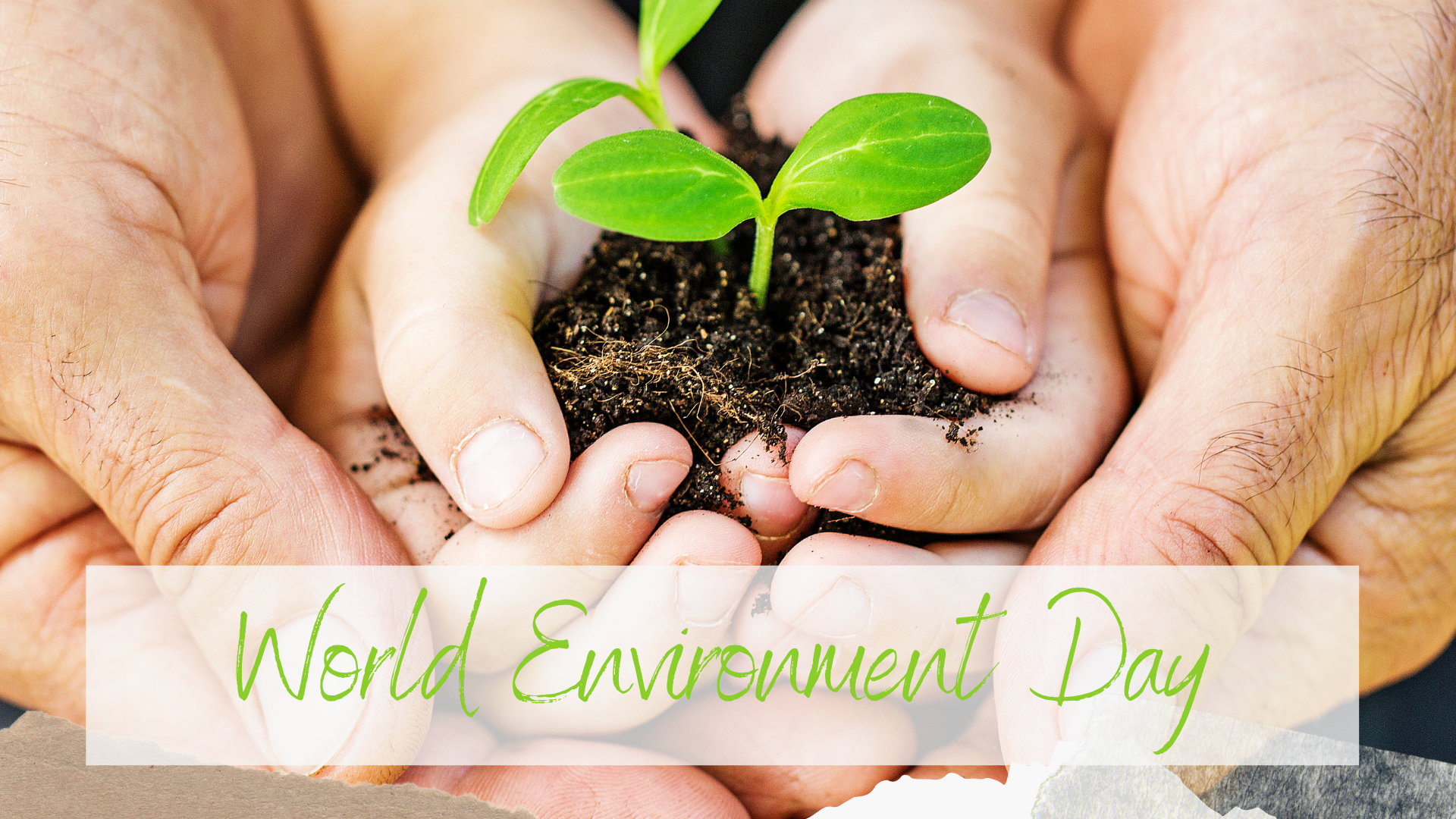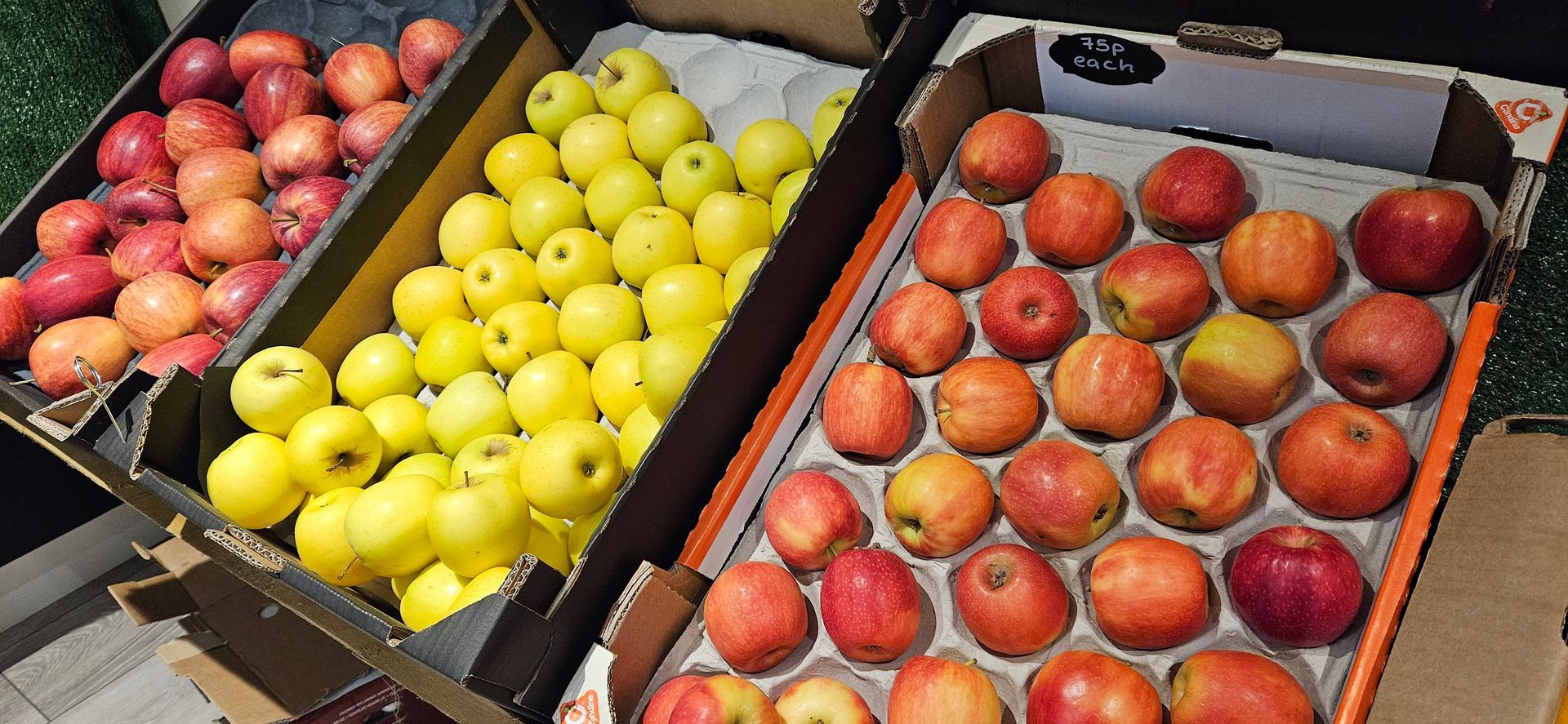Blog Layout
World Environment Day
Lisa Hunter • June 5, 2021
REIMAGINE. RECREATE. RESTORE: This is our moment.
We cannot turn back time. But we can grow trees, green our cities, rewild our gardens, change our diets and clean up rivers and coasts. We are the generation that can make peace with nature.
Let’s get active, not anxious. Let’s be bold, not timid.

Since 1974, World Environment Day has been celebrated every year on 5 June, engaging governments, businesses and citizens in an effort to address pressing environmental issues.
For too long, we have been exploiting and destroying our planet’s ecosystems. Every three seconds, the world loses enough forest to cover a football pitch and over the last century we have destroyed half of our wetlands. As much as 50 per cent of our coral reefs have already been lost and up to 90 per cent of coral reefs could be lost by 2050, even if global warming is limited to an increase of 1.5°C.
Ecosystem restoration means preventing, halting and reversing this damage – to go from exploiting nature to healing it. This World Environment Day will kick off the UN Decade on Ecosystem Restoration, a global mission to revive billions of hectares, from forests to farmlands, from the top of mountains to the depth of the sea.
Only with healthy ecosystems can we enhance people’s livelihoods, counteract climate change and stop the collapse of biodiversity.
To encourage the revival of ecosystems everywhere, UNEP has published a practical guide to ecosystem restoration. Released at the start of the UN Decade on Ecosystem Restoration 2021-2030, the Ecosystem Restoration Playbook provides an introduction to the range of actions that can slow and halt the degradation of ecosystems and foster their recovery.
Designed for all interested individuals and stakeholder groups, the guide outlines three pathways to getting involved in ecosystem restoration during the UN Decade and beyond:
- Taking action such as starting or support an on-the-ground restoration project
- Making smart choices like buying only sustainable products and changing diets
- Raising your voice in support of ecosystem conservation and restoration
Everybody living on this planet, in this moment in time can be a part of #GenerationRestoration. Download the playbook here
Don’t miss out!
Sign up for all the latest updates from Moss End Garden Village
By subscribing I agree to share my form responses in line with the Privacy Policy.
Opening Hours
Mon to Sat:
9am - 5pm (Jan - Feb)
9am - 5.30pm (Mar - Dec)
Sundays:
10am - 4pm
Bank holidays:
10am – 5pm
Please check trading hours when visiting independent concessions.
© 2025
Schyde Investments Ltd




